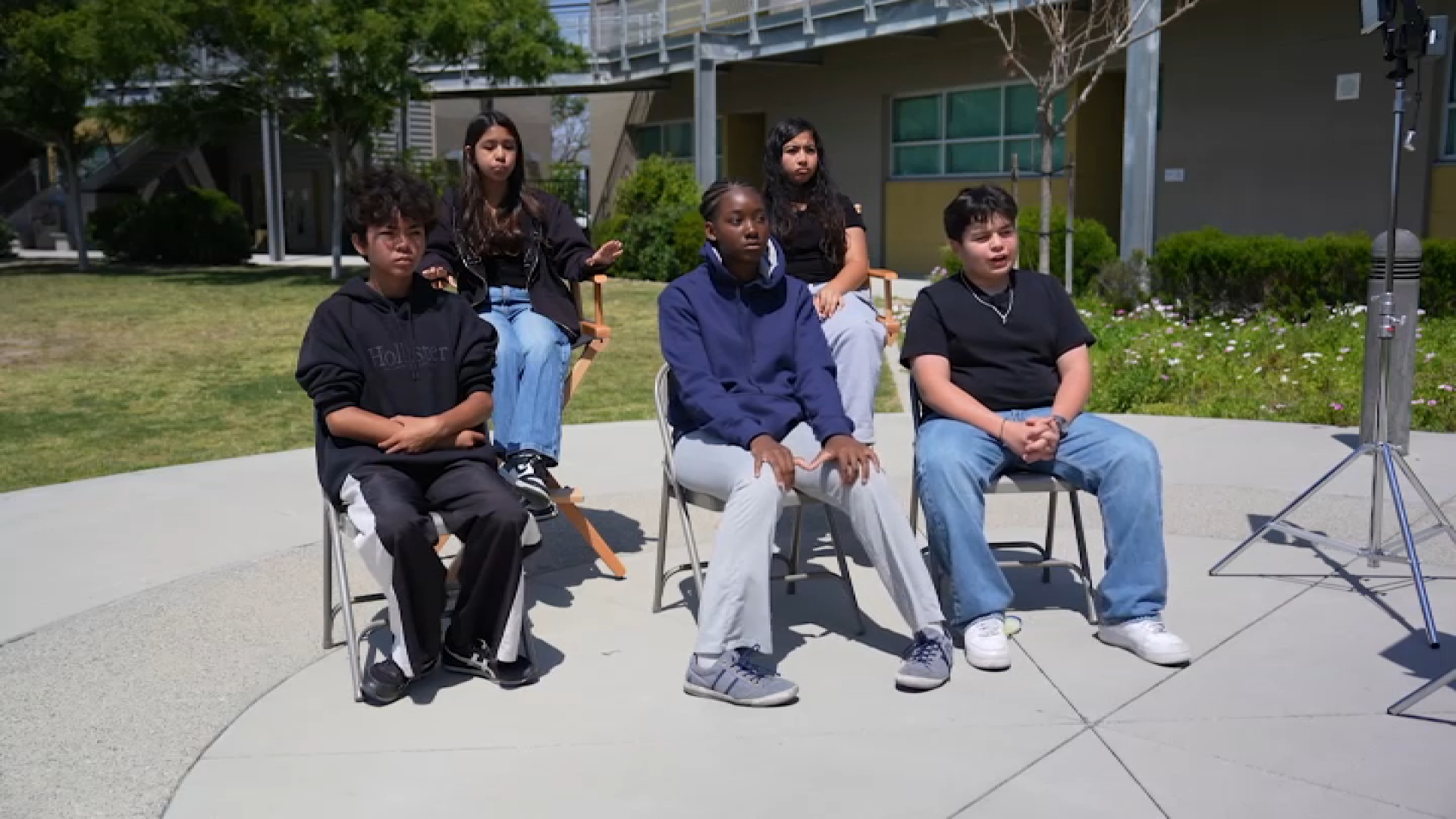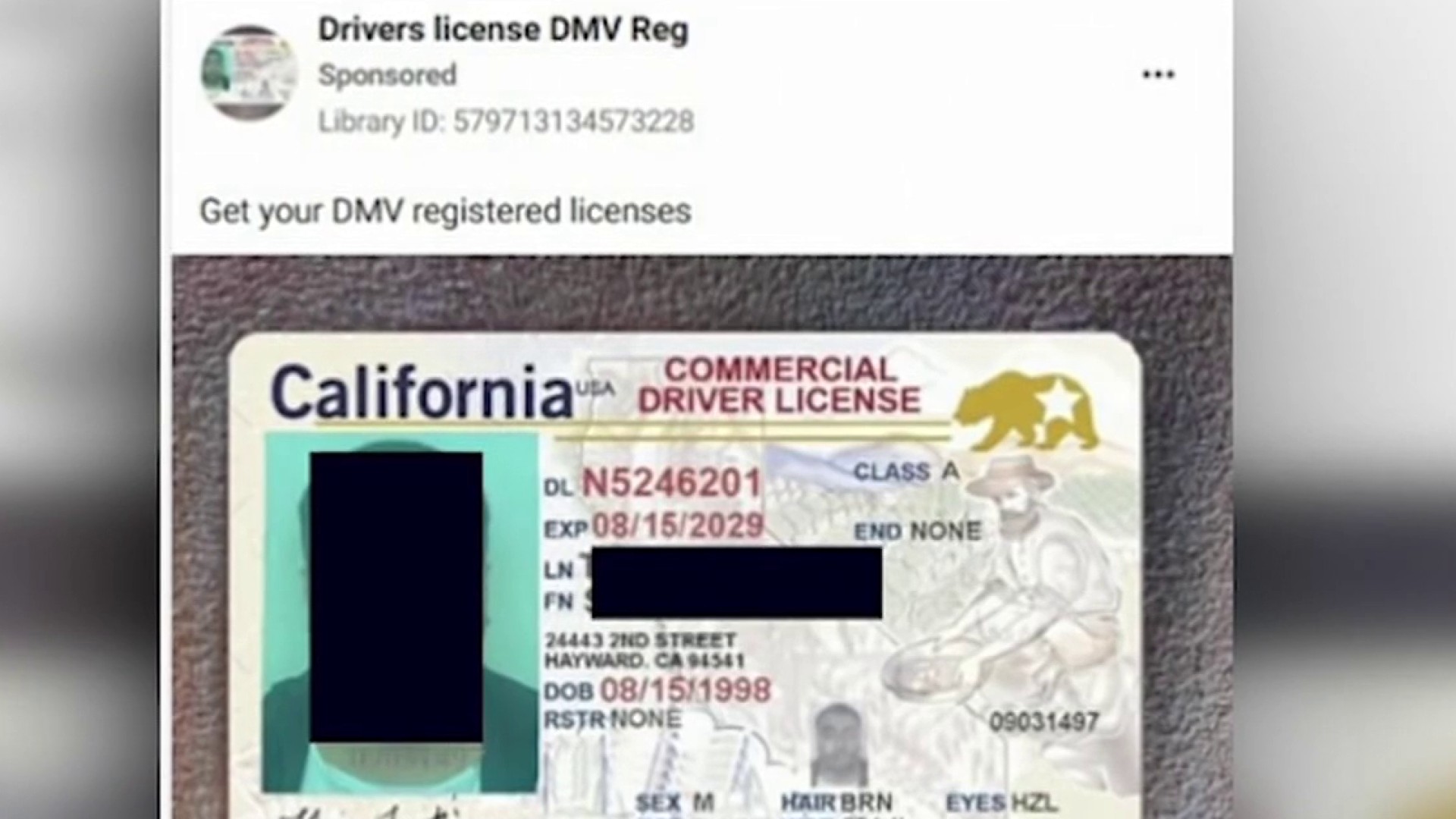New legislation was announced in San Diego that could help you get your money back from businesses that violate consumer laws. California’s Attorney General Rob Bonta says the bill is long overdue citing bankruptcy protections that keep some companies from paying restitutions ordered by a court.
“As the people’s attorney, it’s frustrating, it’s very frustrating to walk out of a successful court case knowing that consumers we fought for won’t see a dime in return, we’ve seen that too often,” said Bonta, “At the end of the day, consumers aren't left thinking in these situations that justice was served and they’re left asking, ‘What about me? How am I made whole?’”
Stream San Diego News for free, 24/7, wherever you are with NBC 7.
Assemblymember Brian Maienschein (D-San Diego) hopes to change that by introducing legislation (AB 1366) that would create a new Victims of Consumer Fraud Restitution Fund in the State Treasury that would be funded by the penalties paid by businesses that violate the law, and help make the victims whole.
“It will not only protect consumers from being taken advantage of but it will also deter businesses from wrongdoing, knowing that they will not be able to hold on to profits they make while in violation of these laws,” sai Maienshchein in a joint conference with Bonta.
Get top local San Diego stories delivered to you every morning with our News Headlines newsletter.

An example used by Attorney General Bonta was the $1.1 billion judgment against Corinthian Colleges, Inc. back in 2016 which was ordered to pay $820 million in restitution to tens of thousands of students in California. He says that never happened and the students went unpaid after Corinthians filed for bankruptcy.
“It’s difficult sometimes for people that may not have the resources to hire a lawyer and go to court, don't have the bandwidth to be able to do that,” said the assemblymember.
NBC 7 Responds
Other states already have similar laws in their books, including New York and Arizona.



